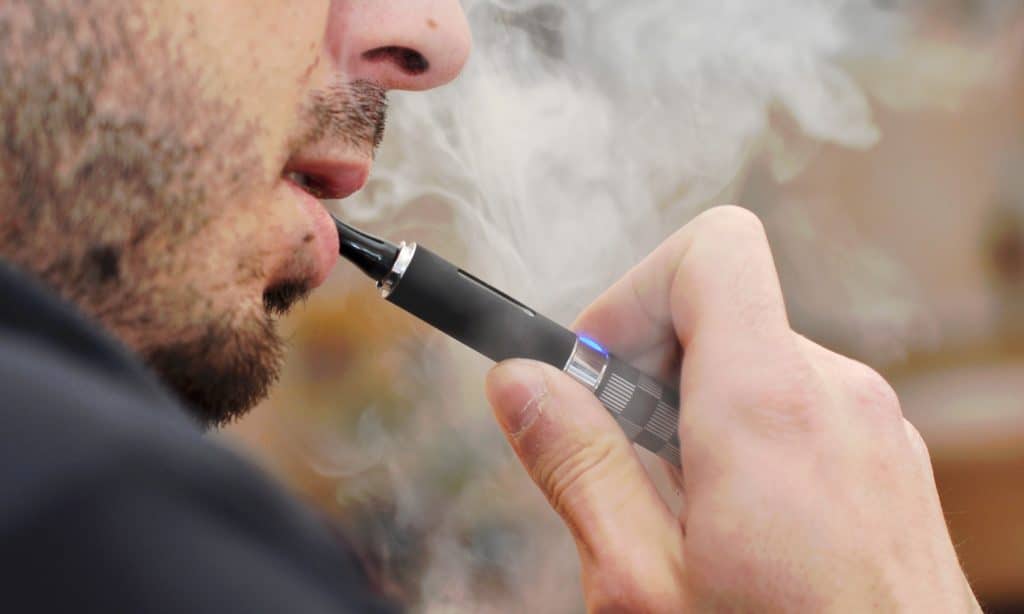“The final rule on hemp production is much improved over the interim final rule previously issued by USDA,” Quarles said. “The improvements were the results of work conducted by the Kentucky Department of Agriculture and other state agencies to provide feedback to the USDA. I am grateful for all of the work done by the previous administration, including that of former Under Secretary of Agriculture Greg Ibach and his team, to have an open line of communication with state leaders.”
The 2018 Farm Bill defined hemp as the plant cannabis sativa with not more than 0.3% THC, or tetrahydrocannabinol, and directed the USDA to develop a regulatory framework for states to manage hemp programs. The final rule comes after state agencies, industry groups, and hemp growers across the nation provided feedback to USDA on the interim final rule. The final rule for hemp production was released Jan. 19, but the Biden Administration stopped its implementation for a temporary review. With the review complete, the final rule will take effect March 22.
Quarles sent two rounds of comments to the USDA about the interim final rule, highlighting potential sticking points with Kentucky’s current hemp program. USDA adjusted the rule to address nearly every concern he raised.
In the comments Quarles submitted last October, one of the major concerns about the previous rule was that it would have eliminated a key feature of Kentucky’s hemp program, the ability of growers to remediate elevated THC content through a post-harvest retest. The post-harvest retest gives growers an opportunity to realize a financial return on their harvests by giving them a second chance to achieve a compliant THC test result. Under the final rule, remediation and a post-harvest retest is allowed.
Other successful policy changes included on-farm disposal of non-compliant hemp material, new rules which standardize and simplify sampling procedures for the part of the plant to be tested for compliance, and an increase in the "negligent" level of THC in the plant.
Copyright
© 420 Intel




